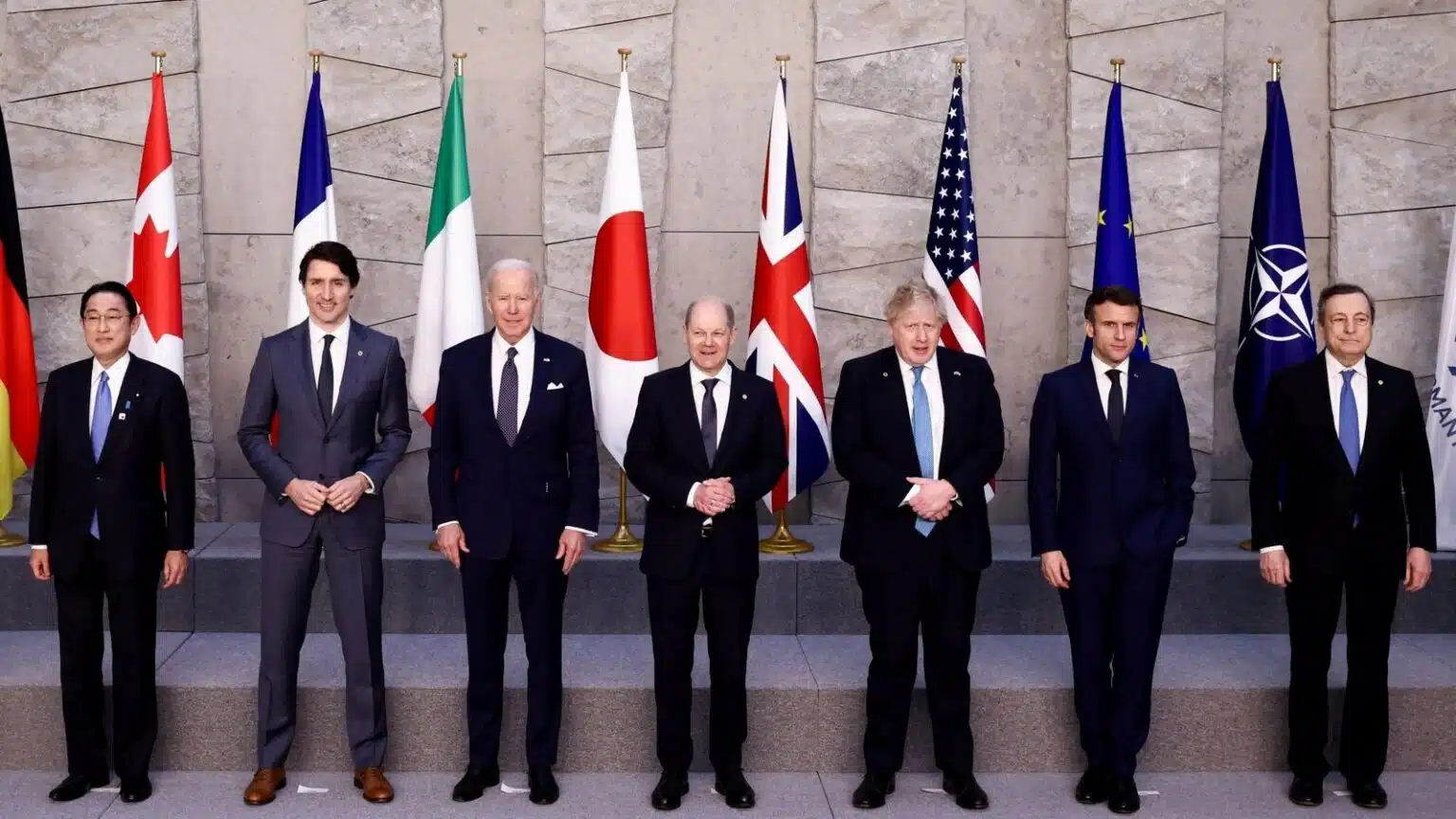Table of Contents
On April 16–18, 2024, the second meeting of the G7 foreign ministers is being held in Karuizawa, Nagano Prefecture. The diplomats began the talks in search of a unified message on their concerns about China, after French President Emmanuel Macron’s controversial comments. On 10th April, Macron surprised the world after saying in an interview, if it is in the interest of the Europeans to accelerate [a crisis] in Taiwan? No. He further added that it wouldn’t be right to think that Europeans must become blind followers and just take their cue from the U.S. agenda and a Chinese overreaction,” Though the US hasn’t formally replied to this, it could be talked about in the upcoming meetings.
The agenda of the G7 meeting includes the war in Ukraine, China’s aggression against Taiwan, and tensions on the Korean Peninsula. This meeting will form the basis of the Hiroshima summit next month. China is at the center of the discussion, and a united consensus towards it is the motto.

The Taiwan Strait Conundrum
A few days ago, on April 11, China conducted a large-scale military exercise and fire drill in Taiwan, which it considers its own territory. The Taiwan Strait is a 180 km wide strait that separates the island of Taiwan from mainland Asia. The exercise began in retaliation for Taiwanese President Tsai Ing-wen’s visit to the United States to meet with US House Speaker Kevin McCarthy. The People’s Liberation Army said the exercise “demonstrates that the unit is ready to fight at any time to resolutely eliminate any form of ‘Taiwan independence’ and foreign interference.”
On Sunday, April 15, US warships passed through the Taiwan Strait, days after China ended its recent war games. The US Navy said the guided-missile destroyer USS Milius regularly transited the Taiwan Strait, demonstrating the United States’ “commitment to a free and open Indo-Pacific”. It is the first US Navy operation since January. China responded that it was monitoring US warships and has accused the US of openly demanding transit.

Unity of G7 towards China
G7 called on China to engage constructively in a rules-based international system. It also refrained China from stealing intellectual property rights, ending practices that are “harmful” to free trade and ending human rights abuses against Xinjiang’s Uyghurs and Tibetans. However, the ministers stressed the importance of continued cooperation with China on climate change and global health.
Secretary of State Antony Blinken‘s recent G7 statement included a call for open and constructive relations with Beijing, saying “all the members must have their individual deep economic ties with China, the world’s second-largest economy”.
Beginning on 18th February, it is now to be seen what the series of G7 meetings, leading up to the 49th summit on 19th May would bring to the world stage. The key issues of Russia’s and China’s aggression toward Ukraine and Taiwan have been in due focus in the upcoming meetings.
Sources – Politico; Axios












